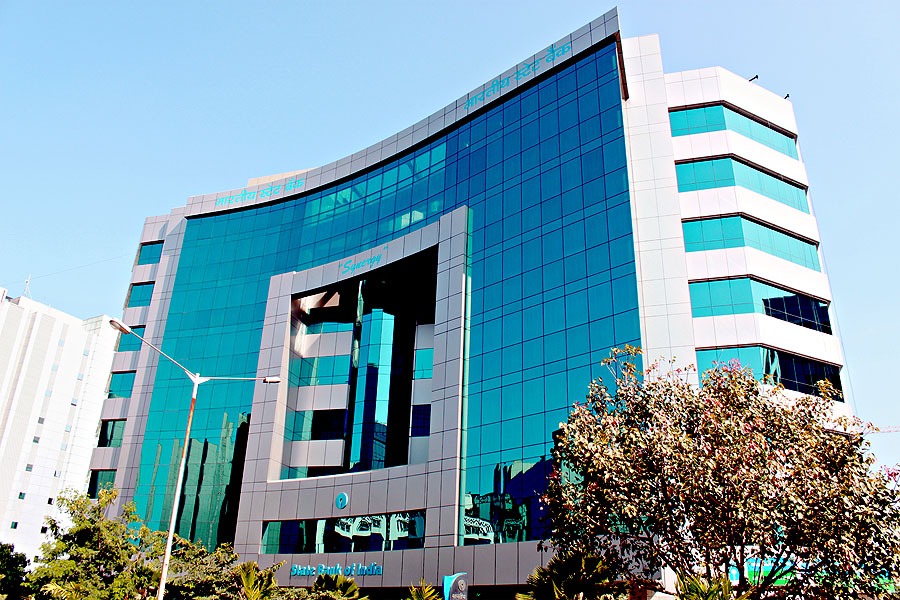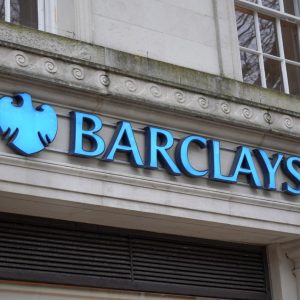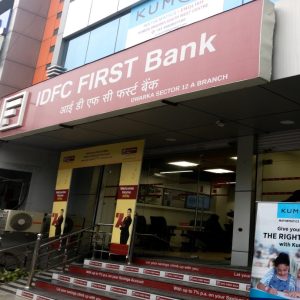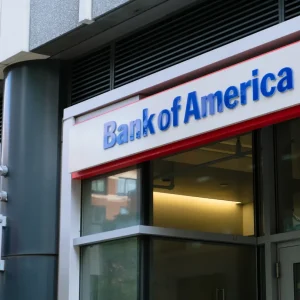
Indian public sector bank State Bank of India (SBI) has agreed to invest a further INR17.6bn ($233.8m) in Yes Bank, the private bank that was placed by the Reserve Bank of India (RBI) in moratorium in March this year.
The executive committee of central board (ECCB) of SBI has given its approval to further invest the amount in the upcoming follow-on public offer (FPO) of Yes Bank.
SBI in a stock exchange filing said: “Pursuant to the intimation given by Yes Bank Ltd to the stock exchanges on 07 July 2020 on the issue of raising capital, the executive committee of central board (ECCB) of State Bank of India at its meeting held today 8 July 2020 has accorded approval for a maximum investment of up to ₹1,760 crore in the further public offering of Yes Bank Ltd.”
Few days ago, the new board of Yes Bank had agreed to raise capital through a FPO and the bank’s capital raising committee is expected to consider and approve the price band soon.
SBI is the largest stake holder in Yes Bank
SBI is the largest investor in Yes Bank, after the troubled private bank was on the verge of collapse earlier this year. Currently, SBI holds 48.2% stake in the bank and has committed not to reduce its stake below 26% for three more years.
Other major investors in Yes Bank include ICICI Bank with 7.95% stake and Axis Bank with 4.78%.
In March, the country’s central bank placed Yes Bank under a moratorium on the basis that the private banking company failed to increase its capital for addressing possible loan losses and resultant downgrades.
After a reconstruction scheme was chalked out by the RBI for the financially troubled Yes Bank, SBI agreed to acquire a 49% stake in Yes Bank for INR72.5bn ($970m).
Later, private sector banks that include ICICI Bank and HDFC Bank announced an investment of a total of INR31bn ($420m) in Yes Bank’s reconstruction scheme.






